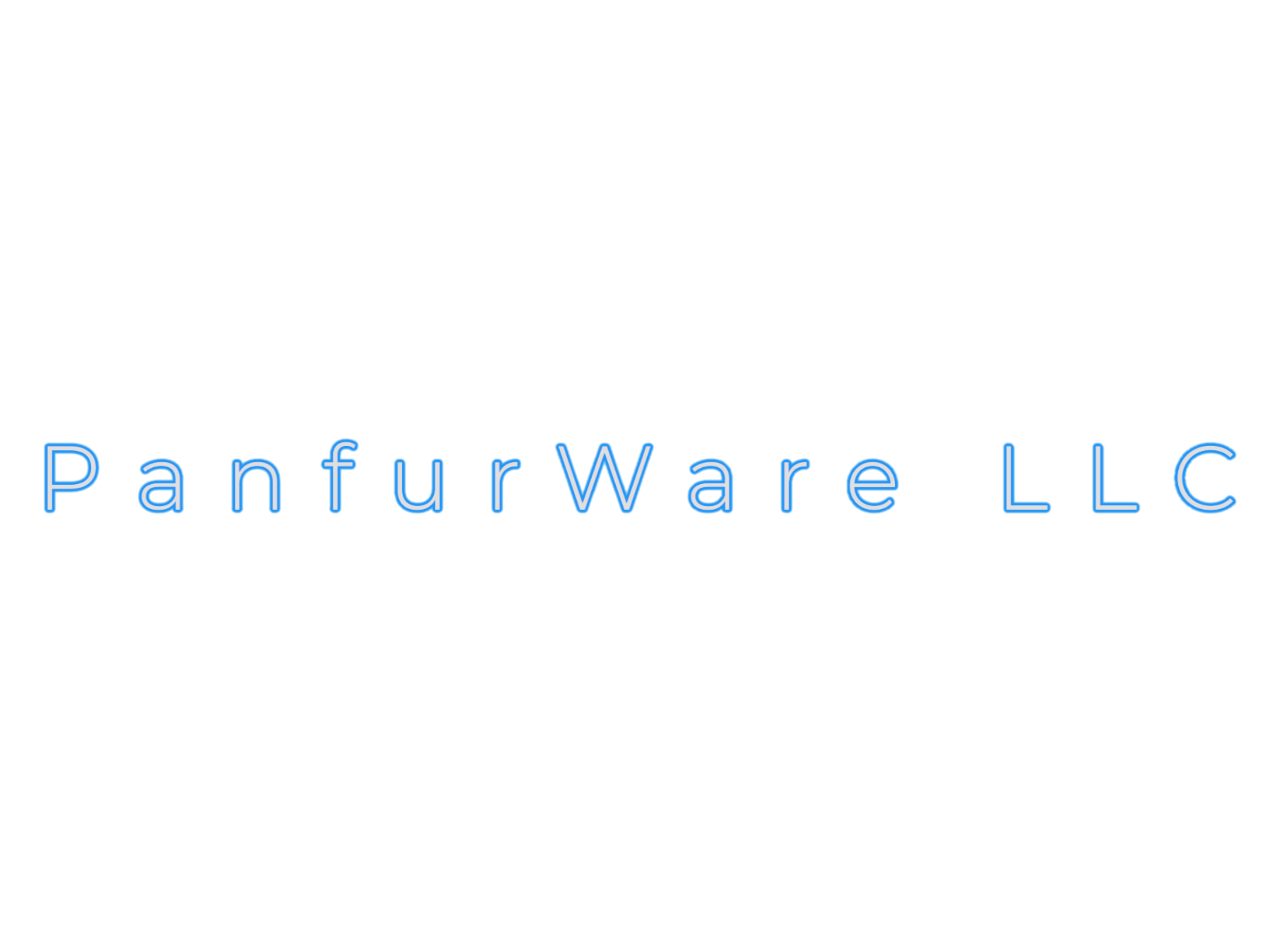Your cart is currently empty!
Free shipping over $50 for the month of April using code aprilship
In today’s fast-paced world, the pursuit of financial stability and economic freedom is a universal goal. Yet, not all money is created equal, and not all work leads to genuine freedom. Many find themselves trapped in a cycle of economic servitude despite earning a decent income. Understanding the difference between these two paths can significantly impact your financial future and overall quality of life.
What Is Economic Freedom?
Economic freedom is the ability to make choices about how you spend your time and resources without being constrained by financial pressures. It means having enough income or assets to live the life you want while also having the flexibility to pursue your passions and interests. Economic freedom often comes from building sustainable wealth through smart investments, diversified income streams, and work that aligns with your long-term goals and values.
What Is Economic Servitude?
Economic servitude, on the other hand, refers to being stuck in a situation where your financial obligations dictate your life choices. It’s when you’re working just to pay the bills, with little or no room to save, invest, or take risks. Many people in economic servitude feel like they’re on a hamster wheel—always running but never getting ahead. This situation often arises from poor financial planning, high debt levels, or dependence on a single income source.
The Key Differences
1. Income vs. Wealth
- Economic Freedom: Focuses on building wealth through assets like investments, real estate, or business ownership. These assets generate passive income, allowing you to work less and earn more over time.
- Economic Servitude: Relies solely on earned income from a job. If you stop working, the money stops flowing, leaving you financially vulnerable.
2. Time Freedom
- Economic Freedom: Prioritizes work that allows for flexibility. Entrepreneurs, freelancers, and investors often have more control over their schedules.
- Economic Servitude: Involves rigid work hours and limited vacation time. Most traditional 9-to-5 jobs fall into this category.
3. Risk and Reward
- Economic Freedom: Embraces calculated risks for long-term rewards. Investments in stocks, property, or business ventures may seem risky but can yield significant returns.
- Economic Servitude: Avoids risks due to fear of failure or loss, often sticking to “safe” jobs with limited growth potential.
When Economic Freedom Was Almost Impossible
Historically, achieving economic freedom was much harder for the average person. During the Industrial Revolution and much of the 19th and early 20th centuries, economic opportunities were heavily tied to physical labor and factory jobs. Wealth creation was often limited to landowners, industrialists, or those born into privilege. The lack of widespread education, rigid social hierarchies, and limited access to capital made it nearly impossible for everyday individuals to break free from economic servitude.
Moreover, the tools to build wealth, such as stock market investments, real estate, or entrepreneurship, were largely inaccessible to most people. Without access to the internet, global markets, or affordable education, the majority of individuals were confined to low-paying, labor-intensive jobs with little chance of upward mobility.
When Economic Freedom Became More Accessible
The tide began to turn in the mid-20th century with the rise of higher education, labor rights, and technological advancements. The following key developments have made economic freedom more attainable:
- The Information Age (1980s-Present)
- The advent of the internet revolutionized access to information and resources. Suddenly, anyone with an internet connection could learn about investing, entrepreneurship, and personal finance.
- Gig Economy and Freelancing
- Platforms like Upwork, Fiverr, and Uber have enabled people to work on their own terms, diversifying income streams and reducing reliance on traditional employment.
- Stock Market Access
- Online brokerages and apps like Robinhood and E*TRADE have democratized investing, allowing everyday people to build wealth with as little as a few dollars.
- Real Estate Crowdfunding
- Crowdfunding platforms have made real estate investing more accessible, breaking down barriers to entry that previously required significant capital.
- Education and Skill Development
- Affordable online courses on platforms like Coursera, Udemy, and Khan Academy have made it easier for individuals to upskill and increase their earning potential.
- Remote Work Opportunities
- The COVID-19 pandemic accelerated the shift toward remote work, giving millions the flexibility to balance multiple income streams or pursue side hustles.
Types of Work That Lead to Economic Freedom
- Entrepreneurship
- Starting your own business allows you to control your income and create scalable opportunities for growth. While it requires upfront effort and risk, the rewards can be substantial.
- Investing
- Whether it’s in stocks, real estate, or mutual funds, investing helps your money grow over time. This passive income can eventually surpass your earned income.
- Freelancing or Consulting
- Offering your skills on a freelance basis provides flexibility and often higher pay rates than traditional employment. It also allows you to diversify your income streams by working with multiple clients.
- Digital Products and Content Creation
- Creating online courses, eBooks, or even monetized blogs and YouTube channels can generate passive income. Once the content is created, it can continue to earn money for years.
- Remote and Flexible Jobs
- Careers that allow for remote work or flexible hours often provide better work-life balance and the ability to pursue side hustles or investments.
Types of Work That Lead to Economic Servitude
- Low-Wage Jobs with No Growth Opportunities
- Jobs that pay just enough to cover expenses but offer no opportunities for advancement often trap people in a cycle of living paycheck to paycheck.
- High-Paying Jobs with High Stress
- Even lucrative positions can lead to servitude if they demand all your time and energy, leaving no room for personal growth or financial planning.
- Single-Income Dependency
- Relying on one source of income makes you vulnerable to economic downturns, layoffs, or unforeseen expenses.
- Overtime-Dependent Roles
- Jobs that require constant overtime to make ends meet can lead to burnout without providing a sustainable path to wealth.
Steps to Transition from Servitude to Freedom
1. Set Clear Financial Goals
- Define what economic freedom means to you. Is it retiring early? Traveling the world? Starting a passion project? Having a clear vision will guide your decisions.
2. Create a Budget and Stick to It
- Track your income and expenses to identify areas where you can save and invest. A budget is the foundation of financial freedom.
3. Build an Emergency Fund
- Having three to six months’ worth of expenses saved can protect you from falling into financial hardship during unexpected events.
4. Invest in Yourself
- Acquire new skills, certifications, or knowledge that can increase your earning potential. Continuous learning is key to staying competitive.
5. Diversify Your Income
- Don’t rely on a single paycheck. Explore side hustles, freelance opportunities, or investment options to create multiple income streams.
6. Pay Off Debt
- High-interest debt can keep you in servitude. Focus on paying it off as quickly as possible to free up money for saving and investing.
7. Automate Your Finances
- Automate savings and investments to ensure you’re consistently building wealth without relying on manual effort.
Why Mindset Matters
Your mindset plays a critical role in determining whether you’ll achieve economic freedom. A growth mindset encourages you to seek opportunities, take calculated risks, and learn from failures. Conversely, a scarcity mindset can keep you stuck in servitude by fostering fear and resistance to change.
Final Thoughts
The journey to economic freedom requires deliberate choices and consistent effort. By focusing on wealth-building activities, diversifying income, and adopting a growth-oriented mindset, you can escape the cycle of economic servitude and build a life of true financial independence. The key is to start today—small steps now can lead to massive changes over time.
What steps are you taking to achieve economic freedom? Share your journey in the comments below! Don’t forget to like and share this post to inspire others on their path to financial independence.
Return On Investment Of You | ROI Business Unisex Classic T-Shirt
Return On Investment Of You | ROI Business Unisex Classic T-Shirt. Step into confidence with the Return On Investment Of You | ROI Business Unisex Classic T-Shirt. Designed for professionals, entrepreneurs, and self-starters, this T-shirt merges style with motivation. Featuring bold typography, it’s a wearable reminder to prioritize growth and success. Its classic fit and premium material make it a go-to choice for casual business gatherings, weekend outings, or relaxed office wear.
-

Hungry and Humble Football Player Flapping Arms Touchdown Celebration Unisex Classic T-Shirt #philly
$19.99 Select options This product has multiple variants. The options may be chosen on the product page -

Africatown in Philly Phrase Unisex Classic T-Shirt
$13.99 Select options This product has multiple variants. The options may be chosen on the product page -

Vintage Funny Cat Selfie UFO Alien Invasion Unisex Classic T-Shirt
$13.99 Select options This product has multiple variants. The options may be chosen on the product page -

Vintage Philly Underdogs German Shepherds Unisex Classic T-Shirt
$9.99 Select options This product has multiple variants. The options may be chosen on the product page -

Voxel Art Style Test Day Kids’ T-Shirt
$14.99 Select options This product has multiple variants. The options may be chosen on the product page
————————————————
We use AI GPT Chatbots to help with our content and may get some things wrong.
————————————————-






 Why We Love PinkPantheress’s Unique Production Style: The Future of Music Vibes
Why We Love PinkPantheress’s Unique Production Style: The Future of Music Vibes
